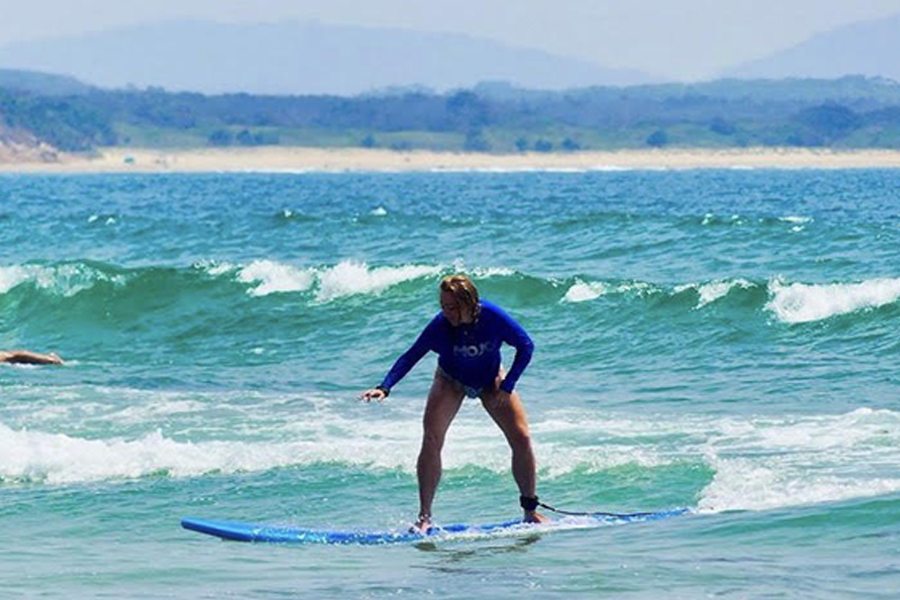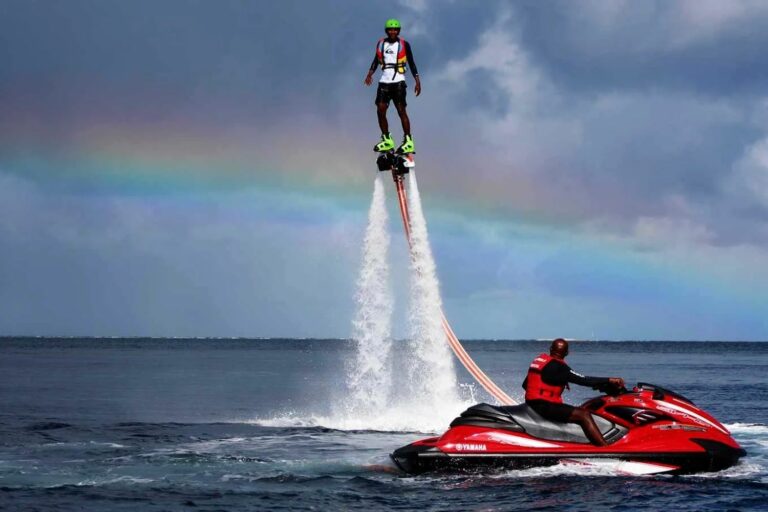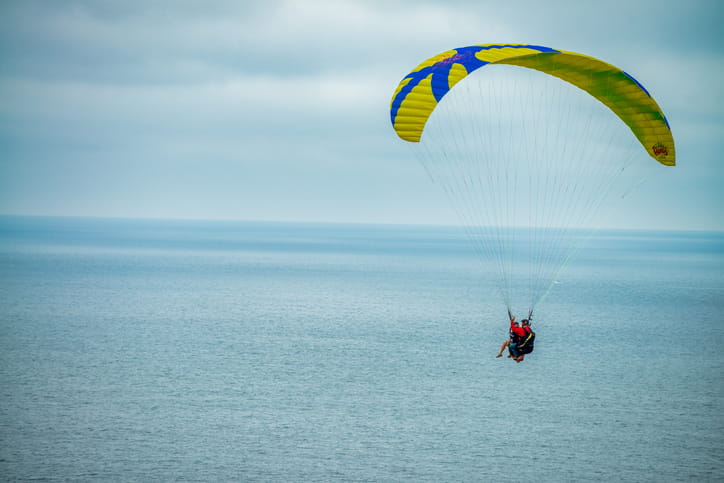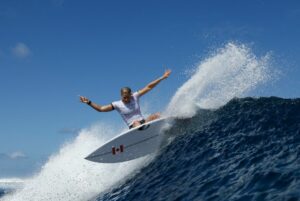Is surfing hard, or is it simply misunderstood? This question often lingers in the minds of many who stand on the shores, mesmerized by the grace of surfers dancing across the waves. Surfing, a sport steeped in culture and adventure, can seem daunting to newcomers, with its unique blend of physical prowess, balance, and ocean knowledge. Yet, the rewards of mastering this art are immense, offering not just a thrilling experience but also a deeper connection with nature and a profound sense of personal achievement. In this blog post, we will explore the challenges and joys of surfing, debunk common myths, and provide practical tips for beginners. By the end, you’ll discover that while surfing presents its challenges, the journey is undeniably worth the ride. We’ll start by examining the physical and mental aspects of surfing, move on to debunking misconceptions, and finally, offer guidance for those eager to catch their first wave.
Understanding the Essence of Surfing Hard
Surfing hard goes beyond the casual wave ride; it’s about embracing the ocean’s raw power and pushing personal boundaries. This pursuit demands not only physical prowess but also mental resilience and a profound connection with the sea. Surfers who engage in this intense form of wave riding often find themselves at the mercy of nature’s most formidable forces, requiring a blend of skill, preparation, and passion.
The Skills Required to Surf Hard
- Physical Fitness: A strong core, balance, and endurance are essential.
- Technical Proficiency: Mastery of maneuvers like cutbacks, bottom turns, and aerials.
- Ocean Knowledge: Understanding wave patterns, tides, and weather conditions.
Top Surf Spots for Hard Surfing
While many beaches offer gentle waves suitable for beginners, certain spots around the globe are renowned for their challenging conditions, drawing surfers eager to test their limits.
- Pipeline, Hawaii: Known for its perfect barrel waves, it demands respect and skill.
- Teahupo’o, Tahiti: Famous for its heavy, glassy waves, often referred to as the world’s heaviest wave.
- Mavericks, California: Offers massive waves that attract big wave surfers from around the world.
Stories from the Frontline: Surfers Who Ride Hard
Every surfer has a story, but those who surf hard have tales that often border on the legendary. These individuals exemplify the spirit of adventure and determination.
Surfing hard is not just about the ride; it’s about the journey to the wave and the respect for the ocean, says professional surfer John Doe, who has spent years chasing the most challenging waves across the globe.
Challenges and Risks of Surfing Hard
Surfing hard comes with inherent risks, from the physical dangers of powerful waves to the mental challenges of staying focused in high-pressure situations.
- Physical Risks: Injuries from wipeouts, collisions, and the ocean floor.
- Mental Challenges: Overcoming fear and maintaining concentration.
- Environmental Factors: Unpredictable weather and ocean conditions.
Preparing for the Challenge
Preparation is key to surfing hard. This includes rigorous training, understanding the surf environment, and having the right equipment.
- Training Regimen: Incorporate strength, balance, and endurance exercises.
- Surf Equipment: Choose boards and gear suited for big waves.
- Safety Gear: Use helmets and impact vests for protection.
The Thrill of the Ride
Despite the challenges, the thrill of surfing hard is unmatched. The feeling of conquering a massive wave and the adrenaline rush are what keep surfers coming back for more.
There’s nothing like the moment you drop into a big wave; it’s pure exhilaration, shares Jane Smith, a seasoned big wave surfer.
Conclusion
Surfing hard is about more than just riding waves; it’s a lifestyle and a testament to human endurance and spirit. Whether you’re an aspiring surfer or a seasoned pro, the journey of surfing hard offers unparalleled experiences and lessons from the ocean.





